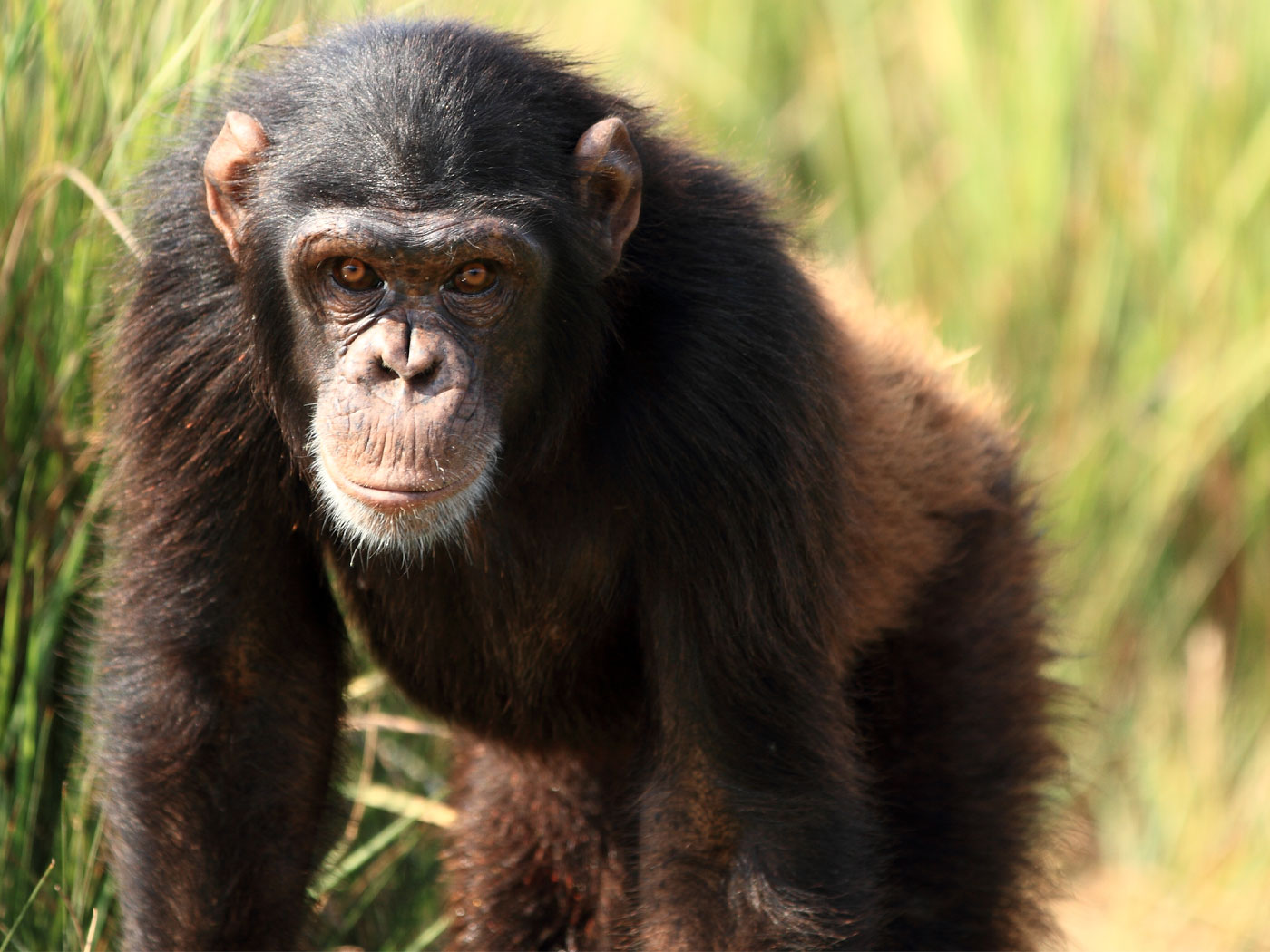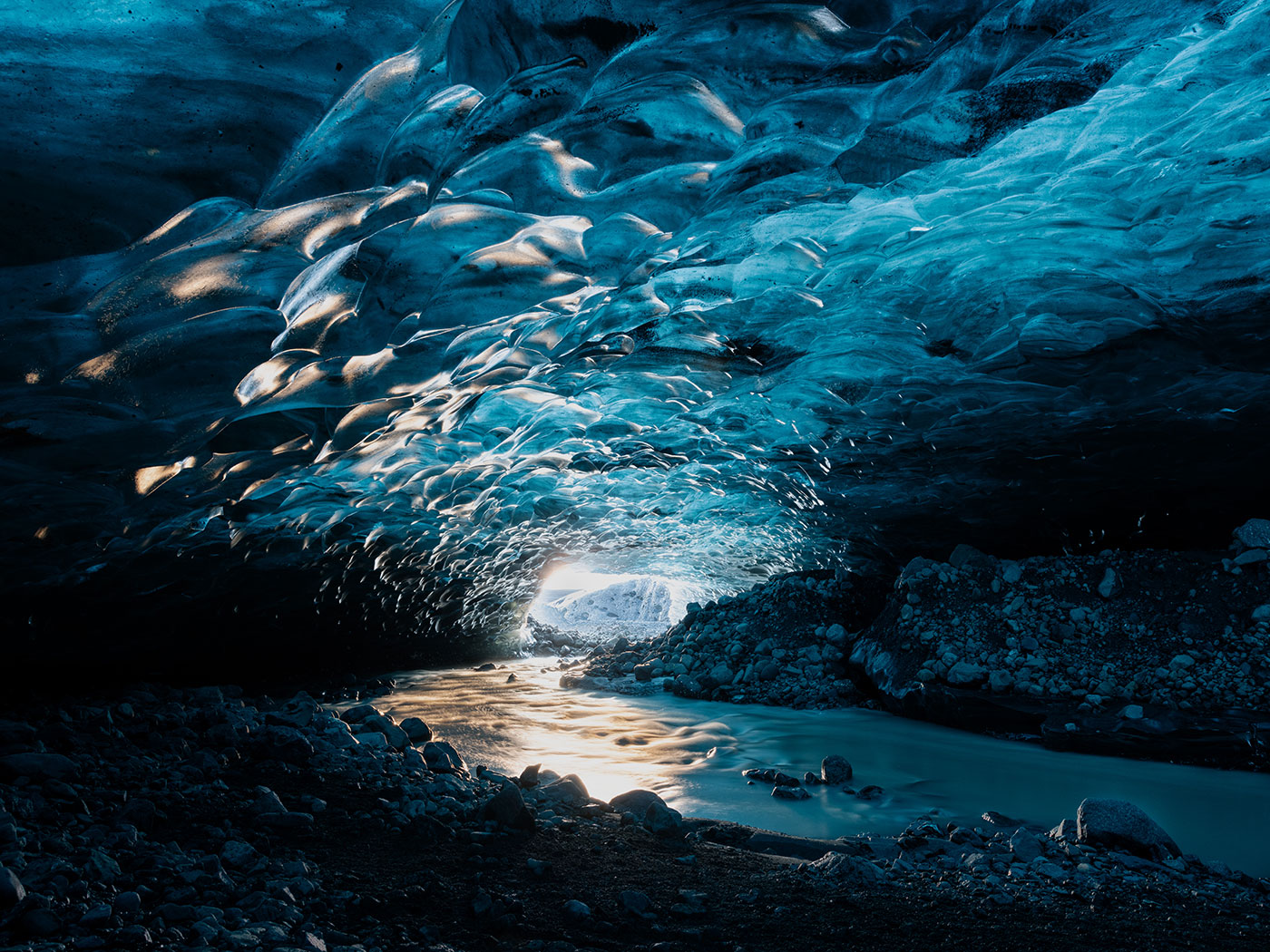Some science media outlets are hailing a recent study as “live evolution witnessed,” but what researchers at the Centre National de la Recherche Scientifique actually saw isn’t evolution at all. They observed, over the course of 300 generations, predator bacteria adapting to overcome certain defenses erected by its prey. Their conclusion was that “predator presence caused the natural selection of predator-resistant prey: the prey had thus evolved.”1
The kinds of minor changes that these bacteria experienced, however, do not support the broad Darwinian philosophy that life continually evolves upward, that microbes could become humans given enough time. In their study published in the journal Evolution, the researchers actually found that after 300 generations, the predatory bacterium Bdellovibrio bacteriovorus remained Bdellovibrio bacteriovorus, and the prey bacterium Pseudomonas fluorescens remained Pseudomonas fluorescens.2
No new gene sets had been acquired, and no new organism had been launched into the world. So, where was the “live evolution witnessed”?3
What Darwinian evolution must demonstrate in order to prove itself true is the introduction of new genetic and epigenetic data, effectively organized to fulfill a purpose, not merely the reshuffling or marring of pre-existing DNA or proteins. This new study only demonstrates that these tiny organisms can adapt, based on preset options with which they were created in the beginning.
If this is supposed to be a good example of the theory in action, then the heart and soul of Darwinian evolution are still missing.
References
- Live Evolution Witnessed in Controlled Environment of Microbial Predator and Prey. Science News. Posted on sciencedaily.com March 10, 2009.
- Gallet, R., T. Tully, and M. E. Evans. 2009. Ecological Conditions Affect Evolutionary Trajectory in a Predator-Prey System. Evolution. 63 (3): 641-651.
- Sherwin, F., and B. Thomas. 2009. Do “New Species” Demonstrate Darwinism? Acts & Facts. 38 (2): 36.
* Mr. Thomas is Science Writer at the Institute for Creation Research.
Article posted on March 23, 2009.













